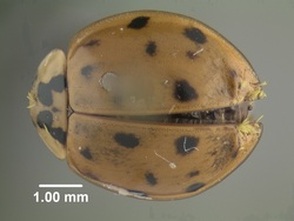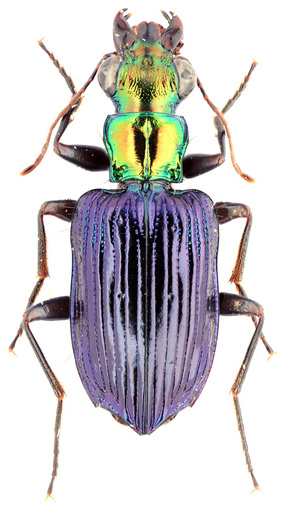Worldwide Beetle Collection
The Projects
Scientists need you to collect beetle specimens while you are out hiking, or doing anything that can be done while carrying a net + vials. Fungal diversity is underdocumented, with diversity estimates often based on relationships with plants. Meanwhile, many (understudied) groups of fungi associate with insects, so exploring the diversity of insect-associated fungi provides an insight into both what is out there in terms of fungi and what kinds of symbioses are present where. Fungal conservation is an emerging field that is faced with the challenge of maintaining biodiversity and ecosystem function without a complete understanding of fungal assemblages.
Researchers based out of Latvia are looking for volunteers to collect beetles from snowline. Their expressed goal is to promote biodiversity awareness, disseminate information, and provide researchers, students, museums, and any interested parties with up-to-date taxonomic and faunal information on the ground beetles (Carabidae) of the world. Beetles collected for this project will be used in scientific study of beetles at alpine-subnival zone of mountains. Many of these are endemic and indicator species for climate change. |
How will the data be used?
This is for basic research on the life history and ecology of fungi that live on insect exoskeletons. We hope to publish the results in scientific journals and eventually apply the findings to inform management of fungal conservation efforts.
Data from beetles collected at snowline will also be used for publication and are will provide insight on biodiversity in these changing areas. |
How Can You Participate?
Volunteers would sweep vegetation as they walk around a site or set pitfall traps (holes in the ground with cups to collect fallen insects) to collect intact beetle specimens. The beetles would need to be stored in about 70% ethanol, in vials marked with locations and dates.
Volunteers collecting beetles at snowline: dry insects or insects collected in alcohol will be sent to the researchers. |


